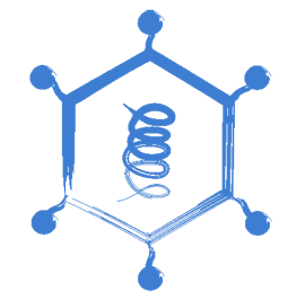Difference between revisions of "Viruses"
Jump to navigation
Jump to search
m (Unprotected "Viruses") |
|||
| Line 1: | Line 1: | ||
| − | + | {{frontpage | |
| + | |pagetitle =Viruses | ||
| + | |pagebody =A fully infective virus is called a viron. The genomes of viruses are much smaller than those found in prokaryotic and eukaryotic cells and in most viruses the nucleic acid is present in a single molecule. The genomes of viruses can be either single or double-stranded and viruses can contain either RNA or DNA. Due to this viruses can be catagorised into three main groups based on their nucleic acid composition; DNA viruses, RNA viruses and viruses which utilise both DNA and RNA for replication. | ||
| + | |contenttitle =Content | ||
| + | |contentbody =<big><b> | ||
| + | |||
| + | <categorytree mode=pages>Viruses</categorytree> | ||
| + | |||
| + | |logo =bugs-logo copy.png | ||
| + | }} | ||
| + | [[Category:Infectious_Agents]] | ||
| + | [[Category:To_Do_-_Clinical/Viruses]] | ||
| + | |||
| + | [[Immune Responses to Viral Infections]] | ||
Revision as of 20:25, 21 October 2010
Viruses
A fully infective virus is called a viron. The genomes of viruses are much smaller than those found in prokaryotic and eukaryotic cells and in most viruses the nucleic acid is present in a single molecule. The genomes of viruses can be either single or double-stranded and viruses can contain either RNA or DNA. Due to this viruses can be catagorised into three main groups based on their nucleic acid composition; DNA viruses, RNA viruses and viruses which utilise both DNA and RNA for replication.
